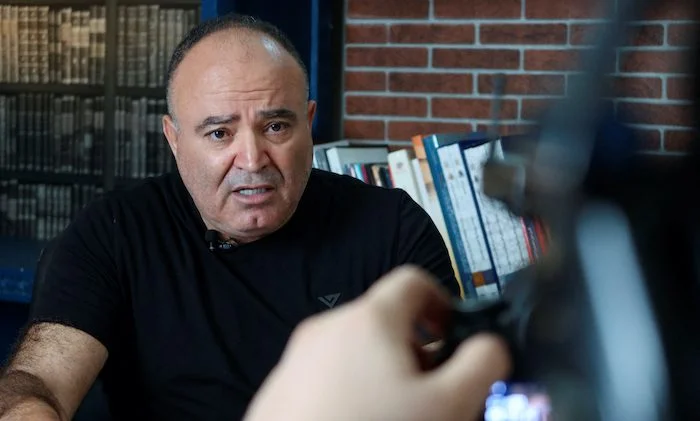A well-known Tunisian journalist has been placed in pre-trial detention after a court hearing on Tuesday. The journalist, Mohamed Boughalleb, had hinted at revealing information about corruption and the misuse of public funds involving several government ministers and institutions.
Boughalleb was arrested last week in Tunis for allegedly insulting a public official on social media. His arrest comes as Tunisia prepares for a presidential election later this year and has drawn criticism from free speech advocates. These advocates point out that Tunisia, once a beacon of hope during the Arab Spring, is now witnessing increased pressure on journalists.
Boughalleb is a familiar voice on popular radio stations and has often criticized the current president. His lawyer, Nafaa Larbi, mentioned that he faces a trial next month and could be sentenced to two to four years in prison.
This incident reflects a troubling trend, as officials in Tunisia have increasingly used a controversial law from 2022 to target journalists. This law, known as Decree 54, was meant to tackle cybercrime but has raised concerns among rights activists. They argue that it has been misused to silence journalists and political opponents. Notable figures, including opposition leader Chaima Issa and political commentator Ziad El Heni, have also faced legal action under this law.
Human Rights Watch reported in December that at least 20 journalists, lawyers, and critics have been detained or investigated under this decree for their online or media statements.
Zied Dabbar, president of Tunisia’s National Journalist Syndicate, condemned Boughalleb’s detention, noting that the targeting of journalists has become a common practice in the country. Currently, eight journalists are facing trials, he added.
Dabbar emphasized the importance of journalism that holds those in power accountable, questioning what reporters should do when they uncover misuse of public funds. He argued that it is vital to address corruption among public officials, who are funded by taxpayer money.
During the court hearing, Boughalleb expressed his intention to publish findings related to corruption and waste of public resources involving ministers and public institutions.
His upcoming trial is set against the backdrop of President Kais Saied’s anticipated bid for a second term in an election that has yet to be scheduled. After winning the presidency in 2019 on an anti-corruption platform, Saied has since taken steps to concentrate power, suspend the parliament, and limit judicial independence, intensifying the crackdown on dissenting voices.




















